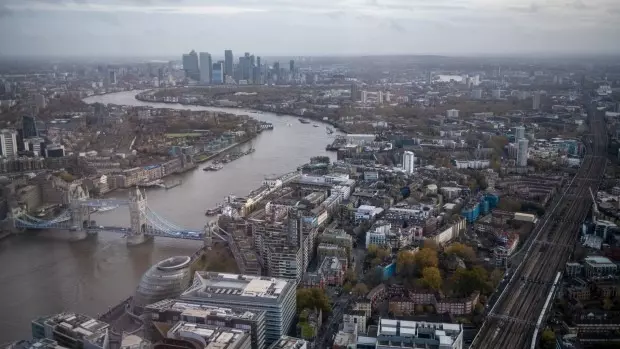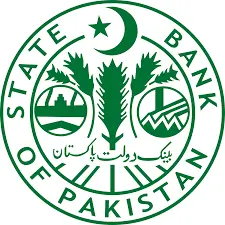London November 30 2022: The UK government will relax the ring-fencing of banks as part of efforts to deregulate the City of London and get a “Big Bang” out of Brexit, according to a person familiar with Treasury plans.
Ring-fencing requires banking groups to separate their retail banking services from their investment and international banking activities. It was part of the government’s response to the global financial crisis in 2008 and was aimed at protecting UK retail banking from shocks emanating from elsewhere.
The regime covers banks with more than £25 billion ($29.9 billion) of core deposits, and means retail banking services like taking deposits from high-street customers and small businesses have to be financially, organizationally and operationally separate from investment banking arms.
It was implemented in January 2019, although a review of the rules led by Keith Skeoch, the former chief executive officer of Abrdn Plc, found ring-fencing was “overly rigid.” The Treasury announced a consultation on Skeoch’s review in 2021.
City minister Andrew Griffith told a Financial Times banking summit Tuesday: “We can make the UK a better place to be a bank, to release some of that trapped capital over time around the ring-fence.”
The UK’s biggest investment banks will still be ring-fenced, although smaller lenders with more limited trading activities could be freed from the rules, the person familiar said. The FT was first to report the story.
Advocates of Britain’s exit from the European Union presented it as an opportunity to sweep aside what they saw as unnecessary rules and regulations that were holding back economic growth. Key to this is a plan to replicate the “Big Bang,” the wave of deregulation in 1986 that turned the City of London into a global finance hub.
Banks had asked the Treasury to scale back the ring-fencing of retail and investment banking. Small lenders had said they would like to cut the amount of loss-absorbing capital they are required to hold.










